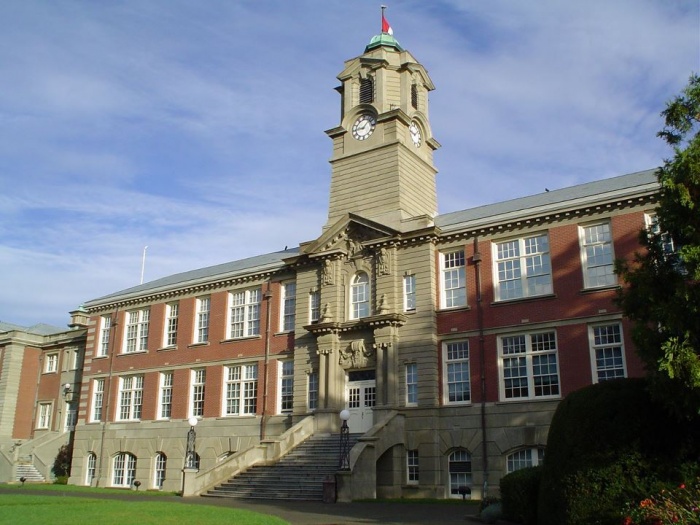Update:
Camosun support staff went on strike as of 6 am Tuesday, November 20. Louise Oetting, chief steward of CUPE Local 2081, has confirmed that CUPE staff will be on strike again until 9 pm on Wednesday, November 21.
The labour action will be felt in colleges all across British Columbia, as all CUPE members in BC will be actively participating in job action as a sign of camaraderie.
“All colleges across the province are going to be out tomorrow,” explains Oetting. “We are just looking for fairness and to be treated the same as everybody else in the province.”
Oetting mentions that there was no progress made with negotiations over the weekend, and that, unfortunately, the strike is the only option left available.
She also says that a mediator was hired for negotiations at Vancouver Island University.
The college will be open but some services may not be available and classes may be cancelled. Students are encouraged to check for class cancellation updates with their teachers directly, and also check camosun.ca for updates pertaining to the action.
Original story:
CUPE Local 2081, Camosun College’s support staff union, has issued a 72-hour strike notice. A CUPE press release has stated that tentative plans call for a campus walkout across BC on Tuesday.
The notice doesn’t necessarily mean they will be going on strike, but it does allow them to do so if they’re not satisfied by the negotiations at the end of the weekend. This would mean picket lines going up at both Camosun campuses.
Louise Oetting, chief steward of CUPE Local 2081, says that pay has been stagnant for eight years. They are hoping to set a retroactive agreement as of 2010—CUPE’s contract expired on June 30, 2010—that would see no raise for the first two years, and then a two percent raise in both 2013 and 2014. This is known as the 0-0-2-2 model.
“0-0-2-2 is a four-year collective agreement retroactive to 2010,” says Oetting. “So the first two years would fall under the provincial government’s initial mandate of zeros, so we wouldn’t be taking an increase there. The next two years we would ask for a two-percent raise each year.”
Oetting also notes that the issue is not with Camosun, but instead with the government not loosening up any money for their raise.
“Mostly the employer [Camosun College] isn’t the issue,” she says. “It’s the government that won’t let them bargain.”
The strike will not only affect those who are actually striking—it holds potential ramifications for students. If the strike does go forward the majority of student services may not be available.
While faculty members do not belong to CUPE, they may chose not to cross the picket line, resulting in potential class cancellations. (Over 600 workers at Camosun are represented by CUPE, including clerical, library, grounds, maintenance, front-line, custodial, cafeteria, secretarial, sports and recreation, trades, bookstore, admin support, and instructional assistant staff).
Joan Yates, Camosun’s executive director of communications and advancement, suggests that students check the Camosun website (camosun.ca) for updates.
“At this juncture we’re asking students to check the Camosun website to find out the status of the college and what is happening,” says Yates. “We are underway with plans, but at this juncture things are still very fluid.”
However, Oetting assures that it is not CUPE’s goal to impact the students negatively, although she does recognize that it may happen as a result of the circumstances.
“We don’t want to impact the students or the community,” says Oetting, “but, unfortunately, sometimes that happens.”

